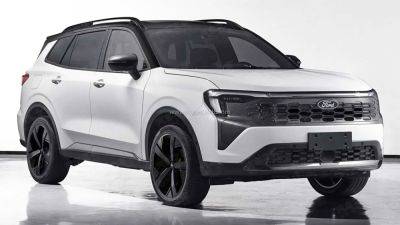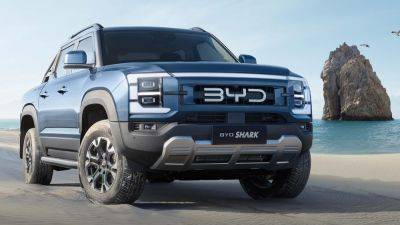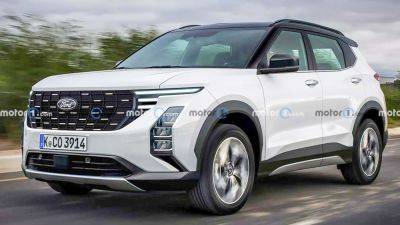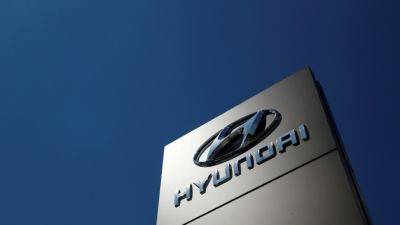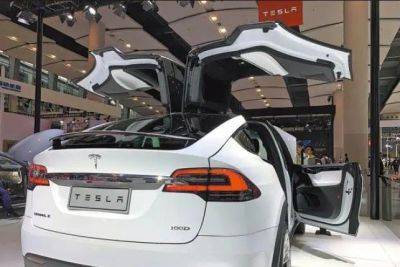U.S. loosens battery rules, potentially making more cars eligible for EV tax credits
DETROIT — The U.S. government has loosened some rules governing electric vehicle tax credits a bit, potentially making more EVs eligible for credits of up to $7,500.
The Treasury Department announced final regulations for the credits under the 2022 Inflation Reduction Act on Friday, giving automakers more time to comply with some provisions about where battery minerals can come from.
The credits range from $3,750 to $7,500 for new EVs. There's also a $4,000 credit for used ones.
They're aimed at juicing demand for EVs in an effort to reach a Biden administration goal that half of all new vehicle sales be electric by 2030. This year the credits are available at the time a vehicle is purchased from an authorized dealer rather than waiting for an income tax refund.
But qualifying for the credits depends on a person's income, the price of the vehicles and requirements related to battery makeup and minerals that get tougher each year. To get the credits, EVs must be assembled in North America. Some plug-in hybrids also can qualify.
Starting this year, complex rules are being phased in to promote development of a domestic electric vehicle supply chain. The rules would limit EV buyers from claiming the full tax credit if they purchase cars containing battery materials from China and other countries that are considered hostile to the United States.
The new rules largely target battery components from nations “of concern” — mostly China, but also Russia, North Korea and Iran.
This year half of the critical minerals in an EV's battery have to be mined or processed in the U.S., or a country with which it has a free trade agreement. Sixty percent of the battery parts have to be made or assembled in North America.
Starting in 2025, batteries with any critical minerals from nations of concern would not be eligible for any tax credits. But after getting comment from the auto industry and others, treasury officials decided to loosen that restriction.
Small amounts of graphite and other minerals would be exempt from the restriction until 2027, because their country or origin is nearly impossible to trace. Without the exemption, some vehicles that met nearly all of the requirements could


